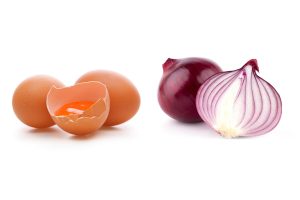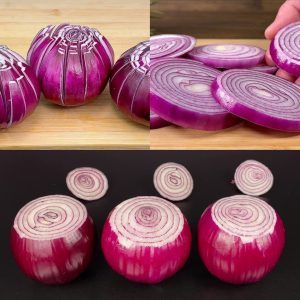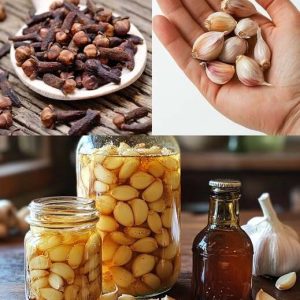These days, food seems to spoil faster due to the intense heat. It’s no wonder that our first instinct is to refrigerate everything. But is that really the best solution? Surprisingly, there are some foods that should not be refrigerated, and keeping them in the fridge might actually do more harm than good. Let’s take a closer look at these foods and learn how to handle them correctly.

Bread That Doesn’t Belong in the Fridge
When it comes to preserving food, we often assume that refrigeration is the answer. However, some foods don’t actually need to be refrigerated and may even spoil faster if we do so. One such food is bread. While it may seem like a good idea to keep it in the fridge for a few days, refrigeration can actually make bread dry out and become “softer” sooner.
Refrigerating bread can also affect its taste, as it can absorb the flavors of other foods stored in the fridge. However, if you really can’t resist keeping bread in the fridge, there are some precautions you can take. Freezing is a better option in this case. Slice the bread and store each slice in a freezer bag. When you’re ready to enjoy it, simply defrost and reheat it in the oven for a freshly made taste.
Handle Garlic and Onions with Care
When it comes to storing garlic and onions, refrigeration should be approached with caution. Whole onions prefer a cool and dry environment, so it’s best to keep them in a pantry or basement instead of the fridge. Onions don’t like dampness and can spoil faster in the fridge.
On the other hand, chopped onions are more prone to spoilage and can make your fridge smell like onions. To minimize their exposure to air and prevent any odors, store chopped onions in an airtight container in the refrigerator. As for garlic, it is best kept in a pantry or a dry, cool, and well-ventilated space. Avoid exposing whole garlic bulbs to direct sunlight, as it can affect their quality.
If you need to store already-cut garlic cloves, the fridge is the ideal place. Store them in an airtight container to preserve their freshness and prevent other foods from absorbing the smell. Just keep in mind that refrigerated garlic may have a slightly altered flavor.
Potatoes and Avocados Have Their Own Rules
What about potatoes and avocados? These two popular foods also have specific storage requirements. Whole potatoes should be kept in a cool, dark, and well-ventilated space, not in the fridge. The starch in potatoes can convert to sugar more quickly in the cold temperature, which can change their flavor. If you’re in a hot climate and don’t have a cool space, you can store them in the fridge for up to a week.
As for avocados, keeping them in the fridge depends on their ripeness. If you have a green avocado that’s not yet ripe, it’s best to leave it unrefrigerated until it’s fully ripe. Refrigerating an unripe avocado can significantly delay its ripening process. However, if you want to wait a few days to eat a ripe avocado, you can store it in the fridge to prolong its freshness. To help it last longer, wrap the avocado in a towel or paper bag to absorb any extra moisture.
The Debate on Tomatoes and Olive Oil
Tomatoes are a topic of debate when it comes to refrigeration. Generally, tomatoes should not be stored in the fridge unless they are fully ripe and you need to keep them fresh for a few more days. The cool temperature can affect their flavor and texture, making them less enjoyable. It’s best to store tomatoes at room temperature and protect them from direct sunlight for optimal preservation.
As for olive oil, it’s highly discouraged to store it in the fridge. The cold temperature can thicken the oil and even cause condensation to form, which can lower its quality. Instead, store olive oil in a cool, dark place away from direct sunlight. An airtight container is also recommended to maintain its freshness.





